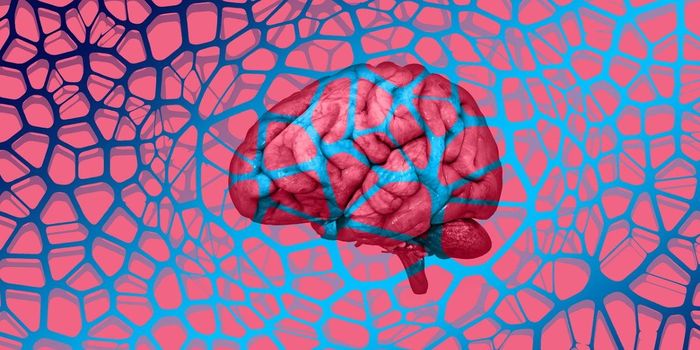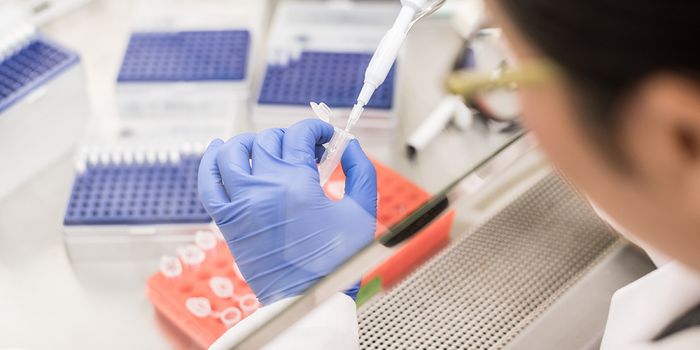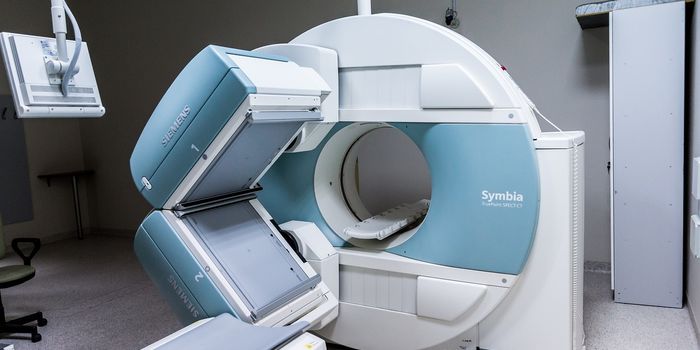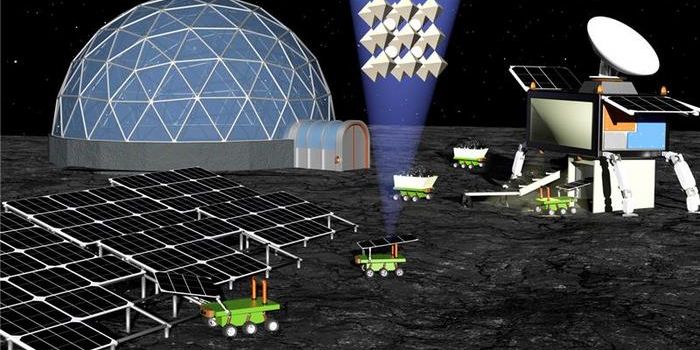Glucose-Powered Biosensors May Detect Disease

Cross-disciplinary scientists at Washington State University created an implantable, biofuel-powered sensor that runs on sugar and can monitor a signals through-out the body to detect, prevent and diagnose diseases. The research team, which was led by Subhanshu Gupta who is assistant professor in WSU's School of Electrical Engineering and Computer Science, created the sensor to harvest glucose from body fluids as its “fuel”.
To make such a unique sensor, a biofuel cell has to integrate with electronics in order to process physiological and biochemical signals with high sensitivity. The study was recently was published in the journal IEEE Transactions of Circuits and Systems and the design of the biofuel cell was led by Professors Su Ha and Alla Kostyukova from the Gene and Linda School of Chemical Engineering and Bioengineering. "The human body carries a lot of fuel in its bodily fluids through blood glucose or lactate around the skin and mouth," said Gupta. "Using a biofuel cell opens the door to using the body as potential fuel."
Current sensors for disease detection are either watches or skin patches which each come with their own set of disadvantages. But, with the new sensor developed by the research team could effectively eliminate the need to prick a finger for testing diseases like diabetes. “Coupling these electronics with the biofuel cell makes it more efficient than traditional battery-powered devices,” said Gupta.
Additionally, unlike the frequent use of lithium-ion batteries in sensors, the biofuel cell will fortunately be non-toxic and stable than conventional biofuel cells, making it more safe and effective as an implant for people. By leveraging the economics of scale, the researchers believe their new sensor could be manufactured cheaply through mass production. "This brings together the technology for making a biofuel cell with our sophisticated electronics," said Gupta. "It's a very good marriage that could work for many future applications."
Watch this video below to learn more about the role and purpose of biosensors:
Source: Washington State University








